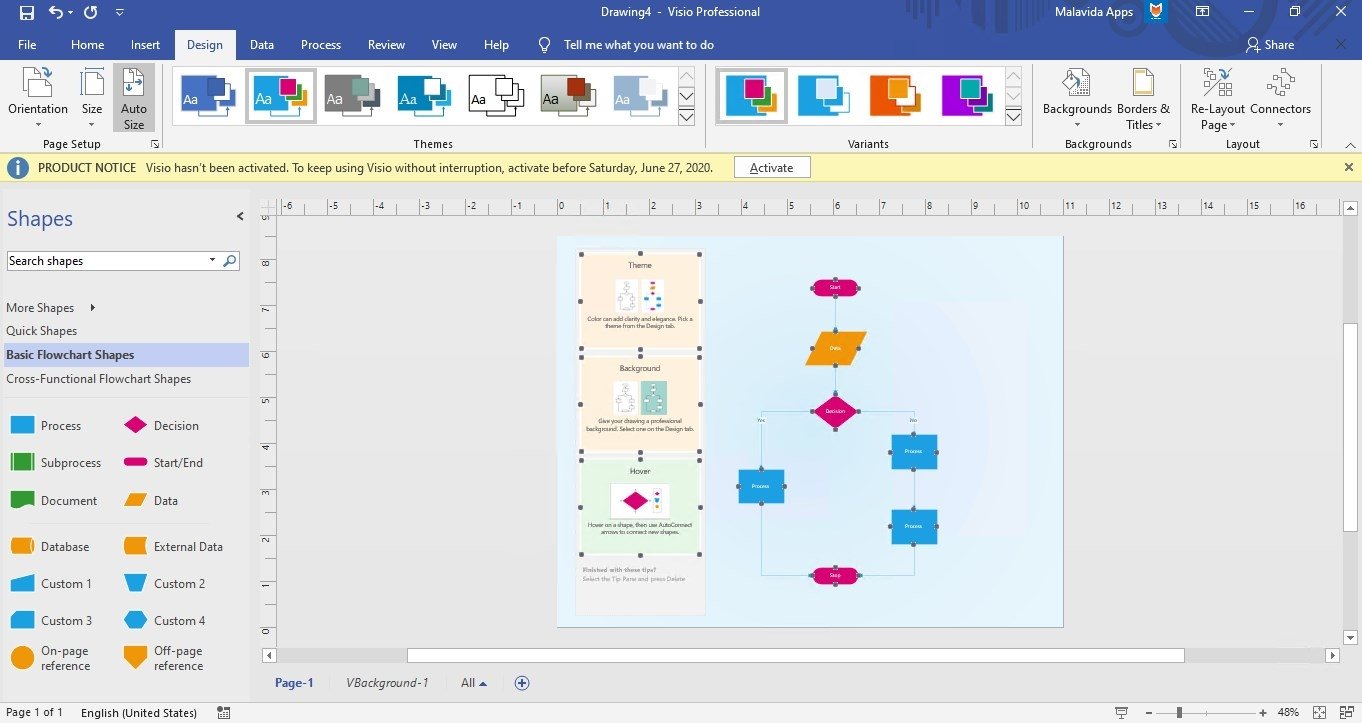

In Year 1, Gallup surveyed more than 15,000 seventh- to 12 th-grade students and parents of seventh- to 12 th-grade students via telephone, and K-12 teachers, principals and superintendents via web surveys. These reports present findings from the first two years of Gallup and Google's multi-year, comprehensive research effort to better understand perceptions of CS and access to CS learning opportunities in K-12 schools in the U.S.

In Year 3, we take another look at the landscape of computer science education in the U.S., offering new insights into the current state of computer science education and highlighting themes that have persisted across the three studies.Įxplore the findings in this dynamic study for the growth of our future. In Years 1 and 2 (2014-2015, 2015-2016), the study examined perceptions about the value of computer science learning among key leaders in K-12 education and also looked at trends in these key issues, including differences in access and diversity. What are the unique opportunities that influence whether students study computer science or pursue careers in another field? The latest report, commissioned by Google, is an updated look at computer science perceptions, attitudes and access among U.S. Computer science skills not only make it possible for students to engage, create and innovate in an increasingly technology-fueled society, they also prepare them for a quickly evolving job market, where computing occupations now make up about two-thirds of projected new jobs in STEM fields 1. Computer science is imperative to our future it develops critical thinking skills needed to solve complex problems, fosters creativity for bold, new ideas and sharpens skills that drive innovation in science, technology, engineering and math.


 0 kommentar(er)
0 kommentar(er)
